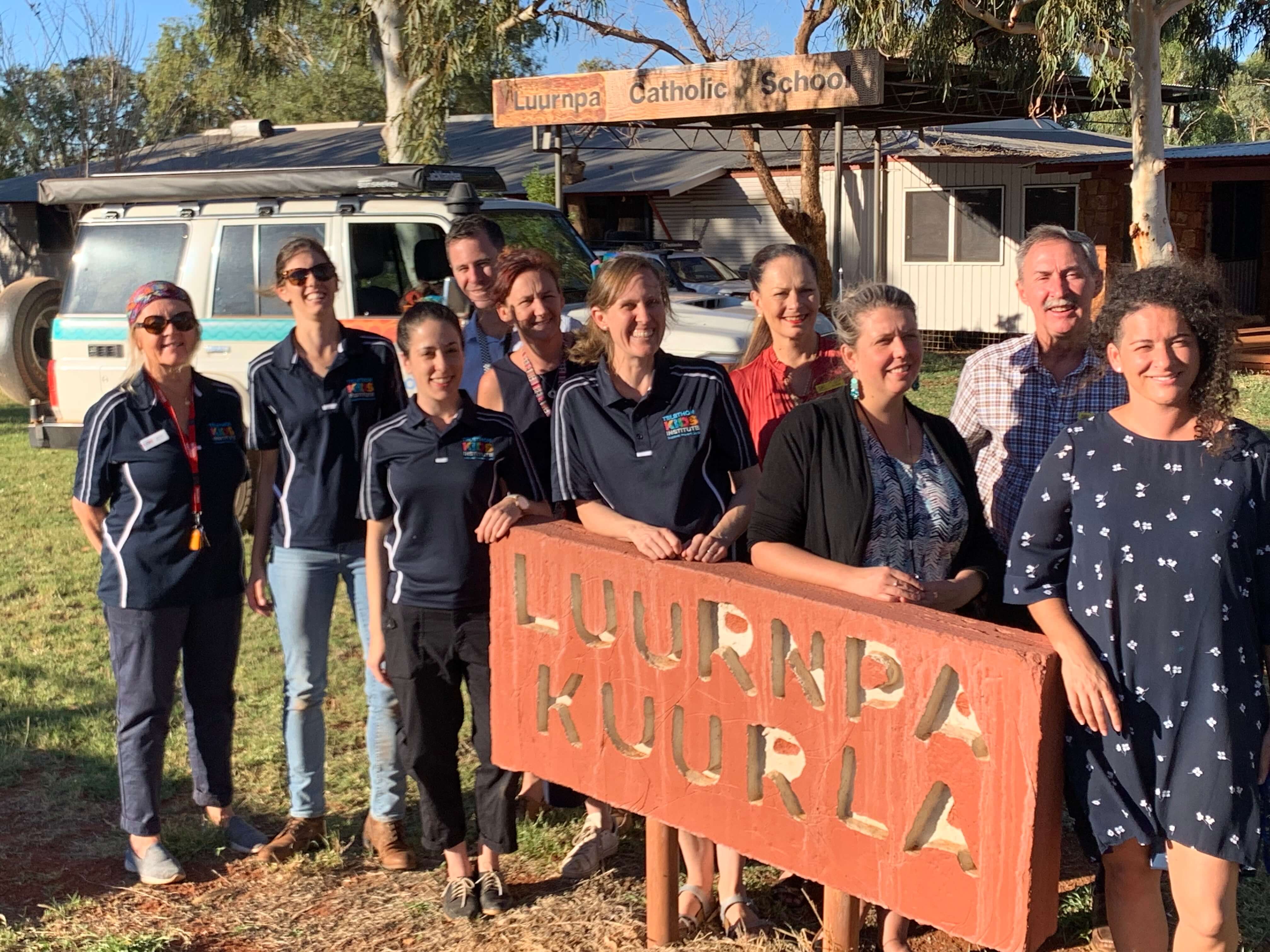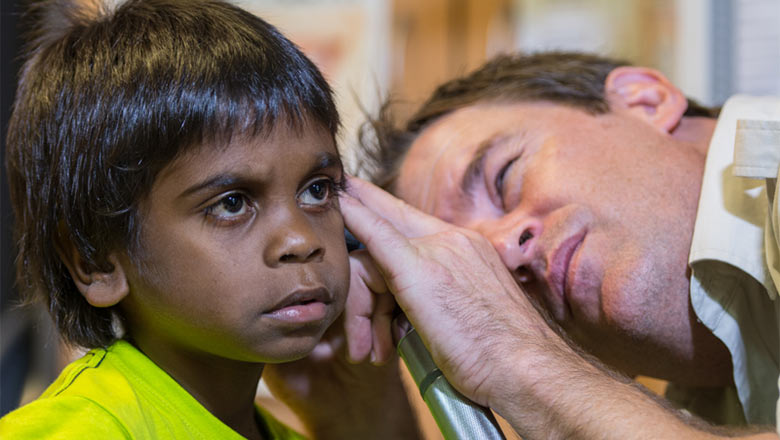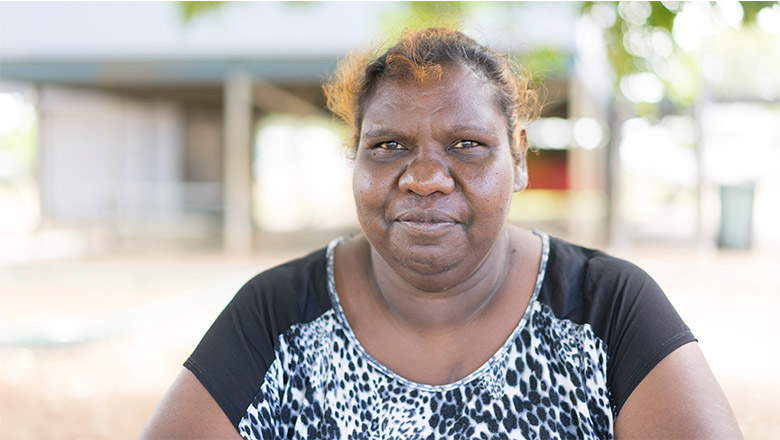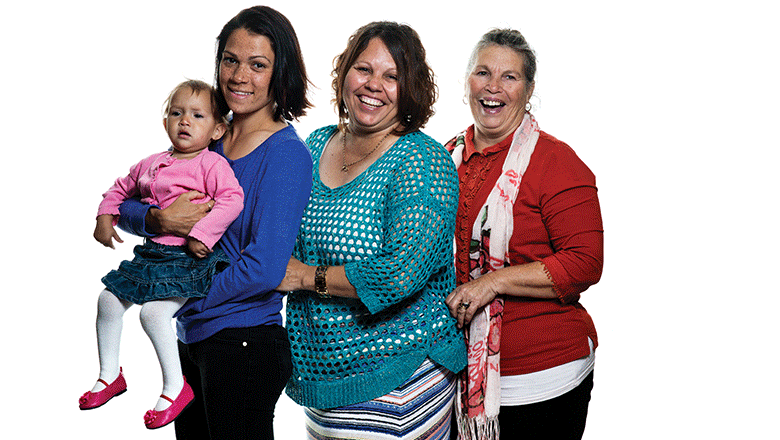Search
Research
Early mortality among aboriginal and non-Aboriginal women who had a preterm birth in Western Australia: A population-based cohort studyHaving a preterm (<37 weeks' gestation) birth may increase a woman's risk of early mortality. Aboriginal and Torres Strait Islander women have higher preterm birth and mortality rates compared with other Australian women.
Research
Assessing The Validity Of A Culturally Modified Drinking Motives Questionnaire For Use In Aboriginal CommunitiesAlcohol related harms disproportionately affect Aboriginal people in Australia. Motives to drink have been identified as the most proximal factor to alcohol consumption.The aim of this study is to assess the validity of a culturally modified Drinking Motives Questionnaire-Revised (DMQ-R) (Cooper, 1994) with Aboriginal participants. The study was cross sectional, utilising data collected via face-to-face surveys with a sample of adult Aboriginal participants.
Research
A psychometric evaluation of the Connor–Davidson Resilience Scale for Australian Aboriginal youthThere is a paucity of quantitative measures of resilience specifically validated for young Aboriginal people in Australia. We undertook the first investigation of validity and reliability of the Connor-Davidson Resilience Scale in a sample of Australian Aboriginal people, with a focus on youth. We conducted a cross-sectional study of resilience among a sample of 122 Aboriginal youth (15–25 years old) in New South Wales and Western Australia, featuring self-completes of the 10-item CD-RISC in online (N = 22) and face-to-face (N = 100) settings.

News & Events
First week of school visits mark official launch of the SToP TrialThe The Kids Skin Health team has a busy six weeks ahead - visiting nine communities throughout the Kimberley region of WA as part of the first school surveillance activities for the SToP Trial.

News & Events
National FASD diagnostic tool to improve outcomes for kidsAustralia's first national diagnostic tool for Fetal Alcohol Spectrum Disorder (FASD) has been developed by researchers at The Kids Research Institute Australia and the U

News & Events
New grant to upskill local Aboriginal women as community health researchersAboriginal women in Western Australia's Kimberley region will be become qualified as community health researchers thanks to a grant awarded to The Kids.

News & Events
Urgent need to reduce preventable deaths in Aboriginal MumsA study by researchers at The Kids Research Institute Australia has found Aboriginal mothers are at a significantly greater risk of preventable death than other Australia
News & Events
Warburton Community book launchThe Kids Research Institute Australia Founding Director Professor Fiona Stanley will help launch a series of children's books on Monday, written by local Aboriginal people
News & Events
New insights into diabetes in Australian Aboriginal populationThe Kids Research Institute Australia have shown that genetic variations that influence BMI and diabetes are similar to those in non-Aboriginal populations.

News & Events
Gastro gap between Aboriginal and non-Aboriginal children shrinkingThe world's largest study of gastroenteritis trends in children has shown the disparity between Aboriginal and non-Aboriginal health may be improving.
